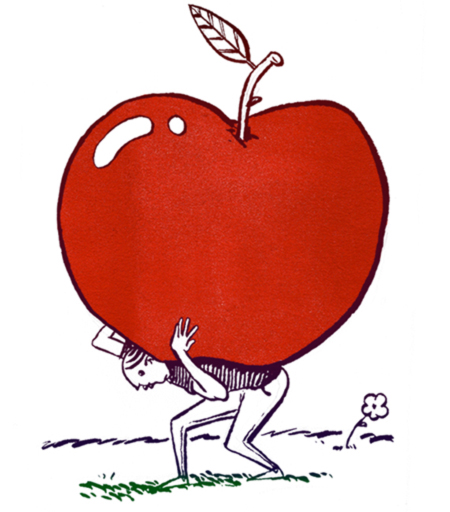ZEITGUIDE TO CHOCOLATE

Halloween is here which means bags full of goodies to last you through the end of the year. But before you bite down, you might want to know a little bit more about those chocolate bars.
The $93 billion global chocolate industry could be upended due to climate change. A study of Ghana and Côte d’Ivoire found that growing areas will “decrease quite seriously” by 2050 due to a rise in temperature. The concern over the long-term livelihood of the cocoa plant, along with growing desire for chocolate in India and China, has led some to predict that the cost of chocolate will rise by 30% in the next five years.
To combat these changes, efforts have been made to map the cocoa plant genome and then make it public. The hope is that it will give researchers the ability to breed better and stronger cocoa plants. Initial results from research centers in Miami to the Cocoa Research Centre (which houses 2,400 types of cacao) have been promising. While efforts by Mars and CIRAD — French Agricultural Research Centre for International Development – have led to two mapped cacao genomes already.
But there’s another major issue with chocolate.
Federal class-action lawsuits were recently filed in California against the big three in chocolate — Mars, Nestle and Hershey — accusing them of false advertising and violating the state’s business and consumer laws. As the lawsuit suggests, the companies have done very little to eradicate child slavery from the farms they source cocoa from, despite publicly signing on to such efforts.
A new Tulane University study estimates that 2.12 million child laborers worked in cocoa production in the 2013-14 harvest season in Ghana and Côte d’Ivoire. In Ghana the numbers of children in the fields are down slightly, but in Côte d’Ivoire (which supplies 43% of the world’s cocoa) they are up almost 50% from five years earlier.
Fortunately, there’s ways to eat your chocolate without supporting child-slavery.
The past several years have seen the arrival of a number of labeling certifications meant to indicate an ethical supply chain. Those include Equal Exchange, Fairtrade and Rainforest Alliance — stuff to look for when looking through your Halloween bag this October 31st.
